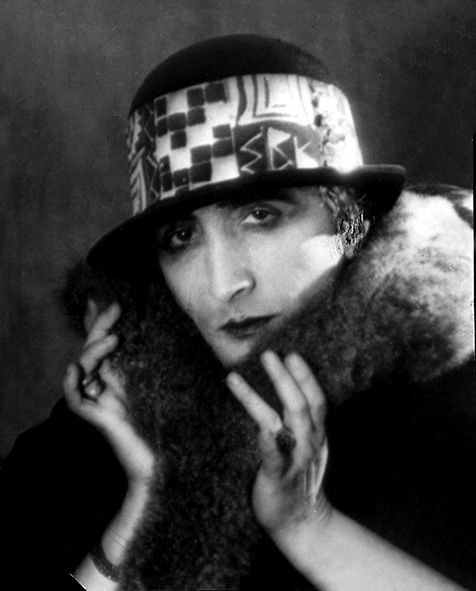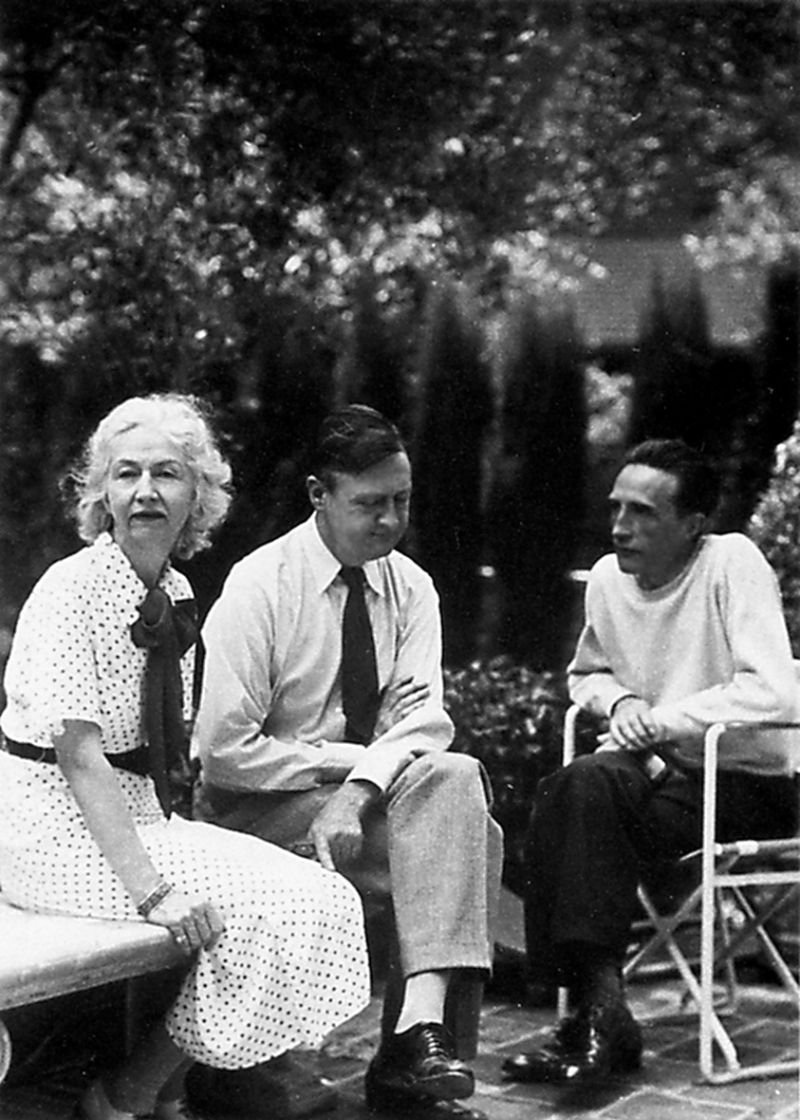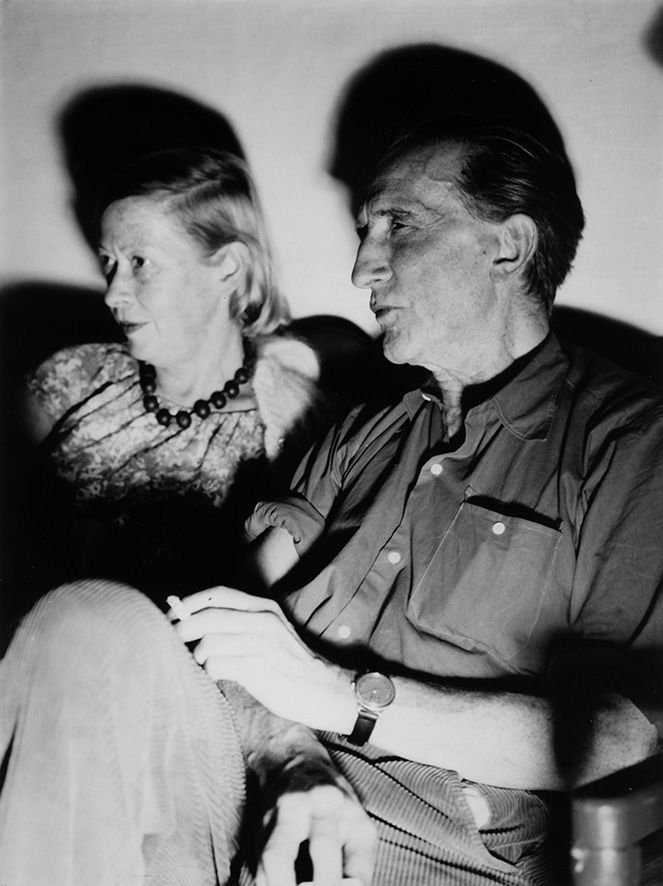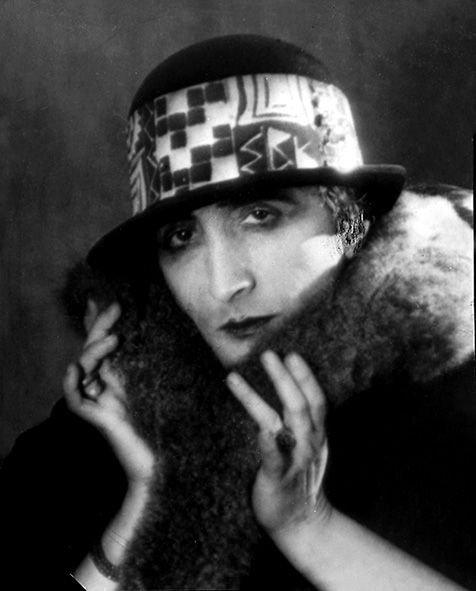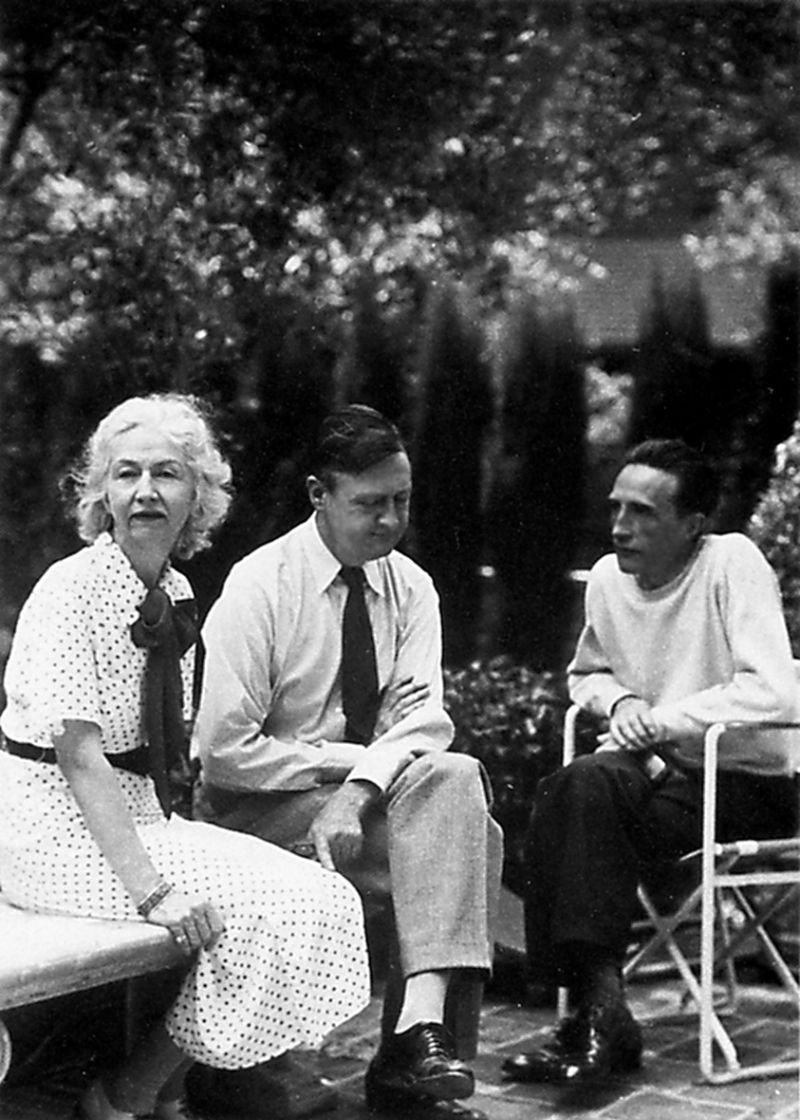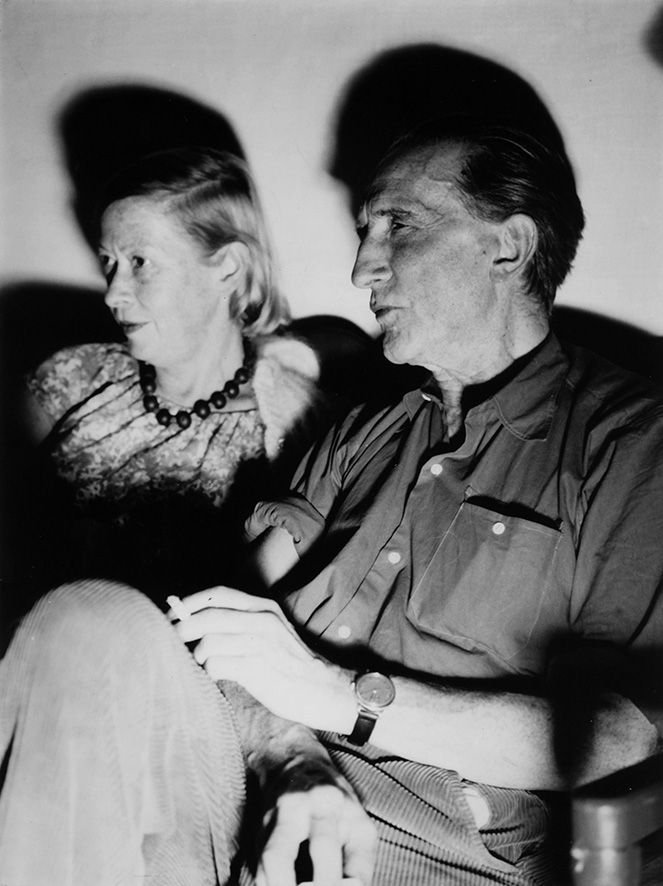Marcel Duchamp
La vita a credito
Described by André Breton as the most intelligent man of the 20th century, Marcel Duchamp has never ceased to wield great influence over contemporary art since his death in 1968. From Dada and Surrealism to Futurism and Cubism, his art is interwoven with the great artistic movements of the 20th century without ever being reducible to any one of them.
If Picasso insistently presents the figure of the artist as demiurge, Duchamp personifies the contemporary artist through his invention of the ready-made and has been recognized since the 1960s as an undisputable source of inspiration by younger generations of artists.
A great deal has been written about his work but far less about his life, which he led outside the current categories, not as an artist or anarchist but as an “anartist”, to use his own neologism. Detachment, elegance, the freedom of indifference and interpenetration of opposites as well as a constant assertion of laziness and physiological disdain for money were for him the original tools of an unprecedented stance with respect to the world and things: “I prefer living and breathing to working.” Duchamp’s frequent, caustic remarks on his life serve as a whole to delineate a personal economics (reduce needs in order to be truly free) and an authentic art of living.
According to Henri-Pierre Roché, Duchamp’s finest work was his use of his time. Bernard Marcadé takes this view as his starting point in the deep conviction that detailed examination of the artist’s life will provide the best understanding of his art. By describing the ready-made as a sort of appointment, Duchamp himself suggests the importance of the events of everyday life in the conception of his works. The biographical elements in play – meetings, friendships, secrets, correspondence and love affairs – are not only anecdotal and marginal trimmings of the work but “biographemes” constituting its fundamental components.
Textual index
Prefazione di Achille Bonito Oliva
1. Figlio di notaio
2. Piano acquoso e riga difficile
3. «Deteorizzare» il Cubismo
4. Antinaturale e antisociale
5. Un nudo può scendere le scale?
6. Monaco
7. «Basta con la pittura, cercati un lavoro»
8. «Estendere le leggi della fisica»
9. Acqua & gas a tutti i piani
10. «Non vado a New York, me ne vado da Parigi»
11. New York, opera d’arte totale
12. Libertà di indifferenza
13. Concetto di niente
14. Victor alias Totor
15. Dada nell’aria
16. La madonna del bagno
17. Feste, facezie e libertinaggi su un fondale di guerra…
18. Tu m’
19. Chess maniac a Buenos Aires
20. Aria di Parigi
21. Société Anonyme, Inc.
22. Rrose Sélavy
23. «En 6 qu’habilla Rrose Sélavy»
24. Stone of Air
25. L’«incompiutezza definitiva» del Grande vetro
26. «Artista spretato» e «femme savante»
27. Mary
28. «Mi muovo nella piattezza»
29. Marcel Duchamp alias Marchand (du sel)
30. Morice & Maurice
31. La sposa e lo scapolo
32. Rosse est la vie
33. Sulla via della beatitudine
34. L’opera messa in scatola dal suo scapolo, anche
35. Vacanze nel passato
36. Abitante dell’infrasottile perdigiorno
37. Storie di valigie in tempi di guerra
38. «Disertore» a New York
39. «Chessing, lessoning, starting a few boxes, my usual life»
40. Maria
41. Nostra signora dei desideri
42. La morte di Mary
43. Oggetto-dardo
44. Teeny
45. «La posterità, questa bella carogna…»
46. «Respiratore» transatlantico
47. Anartista
48. L’artista di domani si darà alla macchia
49. Lasciar fare, lasciar dire…
50. «D’altronde sono sempre gli altri che muoiono»
Marcel Duchamp


